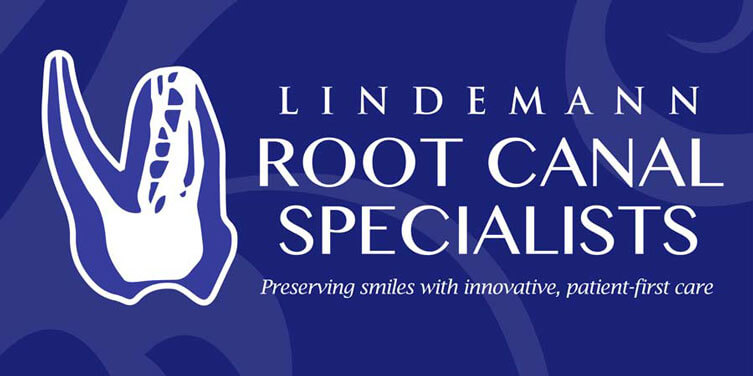At Lindemann Root Canal Specialists, we try hard to save teeth. Sometimes, though, an extraction is inevitable. The tooth may be too badly damaged or decayed to save, it may be impacted, or it might need to come out due to overcrowding in the mouth. Regardless of the reason for extraction, many people fear this common procedure. Modern techniques, though, have rendered tooth extraction relatively pain-free. Here is what to expect.
Immediately After Extraction
When the tooth is out, your dentist will thoroughly clean the socket and place stitches if needed. You will be given a gauze pad to bite down on, with instructions on how long to leave it in place. The gauze encourages a blood clot to form, so be sure to use it as directed.
If you had nitrous oxide or simply local anesthesia, you will be given a few minutes to rest and collect yourself. If you had deeper sedation, you will move to a recovery room until you are ready to go home. Please not that someone must drive you home if you are under the influence of anything stronger than nitrous oxide.
Activity Restrictions
Plan to rest for the remainder of the day before slowly returning to your normal routine. Your dentist will give you any special instructions that may apply, but some people go back to work or school the next day, while others need a couple of extra days. Avoid any strenuous activities for a week to prevent dislodging the blood clot.
Don’t smoke for at least 72 hours, and don’t use chewing tobacco for at least a week. These activities raise the risk of a painful dry socket, and they can slow the healing process.
Eating, Drinking, and Oral Hygiene
During the 24 hours immediately following your extraction, drink plenty of water but stay away from carbonated beverages, caffeine, alcohol, and hot drinks. You can then resume your regular beverages, but do not drink from a straw for one week to reduce the risk of dry socket. If you are taking painkillers, talk to your dentist before consuming alcohol.
Eat a soft, bland, lukewarm diet for the first 24 hours, and then gradually resume your normal eating habits as the pain goes away. Do not eat anything chewy, sticky, or hard for a week.
Don’t brush your teeth, use mouthwash, rinse vigorously, or spit for the first 24 hours. You can put a little water in your mouth and move your head to gently swish it around, and then let it dribble out over the sink. Change the gauze as needed to control bleeding. Start brushing again after 24 hours but be very careful around the extraction site. After the first day, rinse your mouth gently with warm saltwater every two hours for the rest of the week.
Pain, Bleeding, Bruising, and Stitches
It is normal to experience some bleeding for the first day or so. Try not to spit, especially during the first 24 hours, instead using gauze to soak up the blood. If you carefully follow your dentist’s instructions, any pain should be minimal. To stay ahead of the pain, use your prescribed painkillers as directed rather than waiting to see if it hurts.
You may experience some minor swelling and bruising. Use an ice pack wrapped in a towel to minimize it. Swelling normally goes away within 3 days, while bruising will fade over several days.
If your dentist used non-dissolving stitches, you will have an appointment in a few days to have them taken out. Anesthesia is generally not necessary, and the process takes just minutes.
Possible Complications
Complications are rare, but it is important to know the signs. Call your dentist if you experience any of the following:
- Uncontrollable bleeding or significant bleeding lasting more than a day
- Difficulty breathing or swallowing
- Fever
- Pus in the socket or nasal discharge
- Persistent bad taste that is not alleviated by saltwater
- Severe or worsening pain
- Worsening swelling after the first 3 days
Dr. Michael and Matthew Lindemann are proud to welcome residents of the Greater Flint area to Lindemann Root Canal Specialists. If you need an endodontist, please call us today at 810-732-7900 to schedule your appointment.

